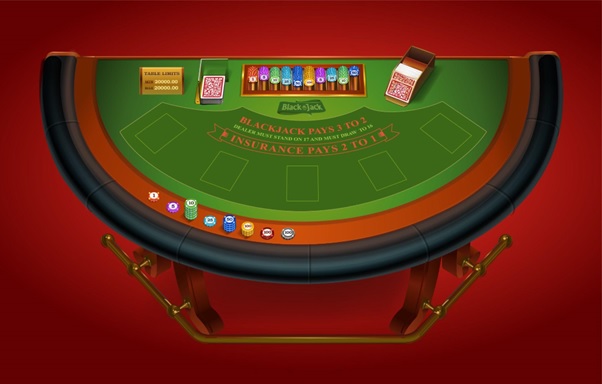Blackjack Strategy: When playing a game of chance, one of the most frequent concerns any player asks themselves is whether there is a method that will guarantee a safe win. Blackjack is a game where the player may greatly affect the outcome, in contrast to roulette, which is solely dependent on chance.
The casino is ahead of the gamer right from the start. However, this advantage can be greatly diminished with the use of blackjack techniques. We’ll explain when to hit in blackjack, and by lowering the house edge, this strategy can increase your chances of winning.
When to Hit or Stand in Blackjack
The dealer’s card is dealt face-up in almost all strategies used in this game. If the hand is strong (7, 8, 9, 10, 11), the player should draw till the hand is at least 17. The player should quit as soon as he receives a value of 12 or above if the dealer has a terrible card (4, 5, 6). The player’s ability to reach 21 points with a fresh card is thus eliminated.
Blackjack: When to Hit
Regardless of the dealer, the first rule of a hit is that you should not make this move if the total of your cards is between 5 and 8. Remember that there is a greater likelihood of the dealer’s hand passing 21 when he displays 4, 5, and 6.
Quick Tips
Your best bet is to give up if the dealer holds a 10-point card and you claim 16. The second-best choice is a hit if there is no chance of giving up. With it, you will lose less than if you decide to stand. The only instance in which this isn’t the case is when 16 is made up of two 8s.
It’s crucial to think about getting your wins promptly while playing at an online casino with a rapid payout policy. To ensure you enjoy your wins without having to wait around for long, look for trustworthy online casinos that place a high priority on quick payouts.
Blackjack: When to Stand
The standard single-deck blackjack strategy states that if the dealer has four, five, or six cards, it is best to stand when the total of the cards is between 12 and 16. Moreover, you should employ this move if your high hand is 17 or higher; a hit is a better option if your hand is a soft 17 or lower.
When to Double Down or Split in Blackjack?
Over time, the double-down option may prove to be quite profitable. The player receives one additional card and doubles his wager by selecting this option. According to the Reno rule, you can only double down with a 9, 10, or 11. The European Standard states that a double-down is only permitted with ten or eleven. The player may split if they have cards in their opening hand that are the same value, such as 6/6, 9/9, or J/K. The player establishes two distinct hands that play apart from one another in this fashion.
Single vs. Multi-Deck Blackjack
The unique aspect of the single-deck blackjack rules is that, unlike in many other games, the dealer must hit a soft 17 in order to stand. After the deal, you may only draw one more card. The game regards a combination of 10 as a score of 21, not a blackjack. Players can also use a double reduction option, but only on hard 9, 10, or 11, and never after splitting in a single deck. Players who can double after splitting pairs can use the double-deck blackjack strategy. In live blackjack dealer games, where card counting is negligible or nonexistent, double decks are the norm.
Blackjack Strategy Chart
A blackjack chart that instructs you on how to play at any time is the fundamental strategy. This is the method that pros from the reliable best online casino NJ reviews site constantly advise new players to use. It operates in a fairly straightforward manner. The values of the cards you are holding are displayed in the left area. Naturally, this number will rise because, in most games, you draw additional cards. The chart displays the dealer’s hand values in the upper rows.
Common Blackjack Strategy Mistakes
Regardless of how the game develops, the player’s ability to adhere to the basic blackjack strategy determines its success. The instant a player deviates from the strategy, the loss might happen swiftly. To determine the appropriate course of action in the end, you must be familiar with all of the tables and graphs. Remember that there is a key distinction between blackjack games with six or more decks and those with just one deck. Never accept an insurance claim. Insurance is typically seen as a “sucker’s bet” in blackjack. Though it may seem smart at times, you should always avoid it. It’s not ethical gaming. It also lowers your overall winnings.
Conclusion
Due to its unique gameplay mechanic that lets players make decisions during the game and affect the result, blackjack is a very popular casino game. As a result, like other casino games, consumers perceive blackjack as a game where reasoning counts for more than chance. A safe victory is hardly a given. No game gives that. If you understand blackjack fundamentals and principles, your chances of winning will rise.

